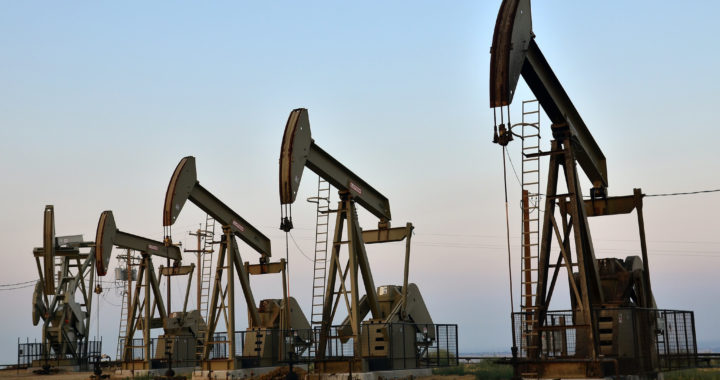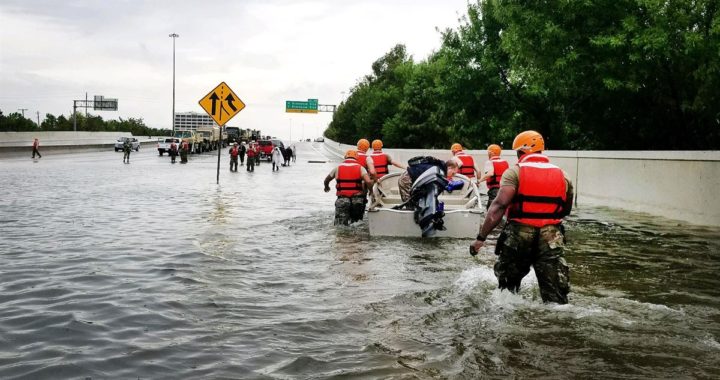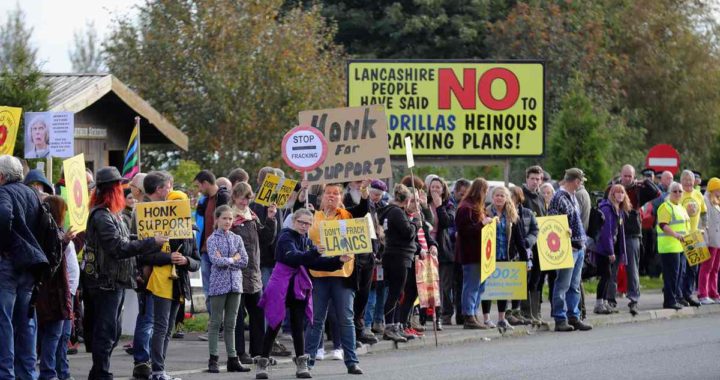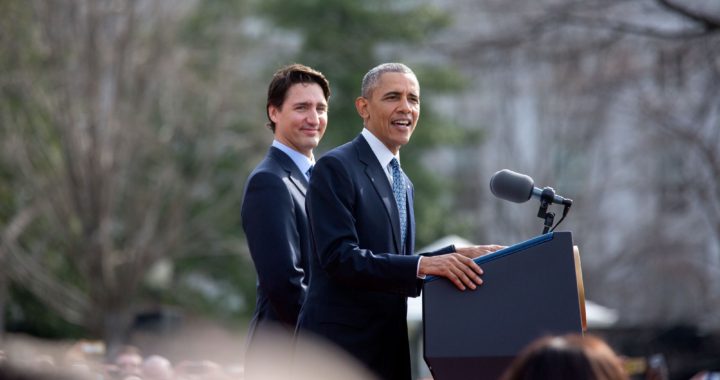Over the last several weeks, anti-fracking protestors from around the country have flocked to Colorado to gather signatures for controversial ballot Initiative 97. Much to the dismay of the state’s energy sector, it appears as though the activists may have won a significant victory in the fight to turn Initiative 97 in the law of the land.
But hope isn’t lost just yet.
The Aforementioned Victory
To turn an initiative into a measure, supporters of the legislation need to gather 98,492 verified signatures. Initial estimates indicate that proponents of Initiative 97 handed over 170,000 signatures at the deadline.
In years past, that’s been something of a challenge for any attempts to get anti-oil-and-gas legislation on the ballot. In 2018, however, the (ahem) climate surrounding the energy industry is especially turbulent, a factor that no doubt played into the success of Initiative 97. Unfortunately for those people who have been lulled into the belief that they’re saving their state, a growing number of experts believe that the passage of Initiative 97 could prove catastrophic for the state’s economy.
The Fallout From 97
Though it’s being sold as a salute to the state’s environment, Initiative 97 could prove costly. Over the first decade, the state could lose up to 150,000 jobs. What’s more, a best-case scenario puts the loss to Colorado’s economy at $170 billion over the first decade.
That loss isn’t restricted to the oil and gas industry, either. Construction, healthcare, hospitality, and government jobs would fall under the axe of Initiative 97.
Why It’s Not as Bad as It Sounds
Just because Initiative 97 is in the race doesn’t mean it’s a sure thing. First, the ballot initiative has some competition right out of the gate, and it’s a doozy. The Colorado Farm Bureau banded together to introduce Initiative 108, a measure that would penalize the government for taking or devaluing landowners across the state. The passage of such legislation would make it harder for anti-fracking activists to pass restrictive laws in the future.
Then, there are the numbers in question. One hundred seventy thousand signatures sounds like one heck a lot, right? It isn’t. In 2016, Colorado ballot initiatives received roughly 2 million votes on either side. In 2014, the last midterm year, ballot measures still clocked about 1.8 million votes per. In other words, 170,000 signatures in the pro column is just a drop in the bucket when it comes to election day.
Of course, the most prominent opponent of Initiative 97 is its supporters, who lean largely Democrat. In midterm years, Republicans vote. Democrats may be outraged, but Republicans show up to cast their votes, and that is bound to make the biggest difference when election day finally rolls around.





